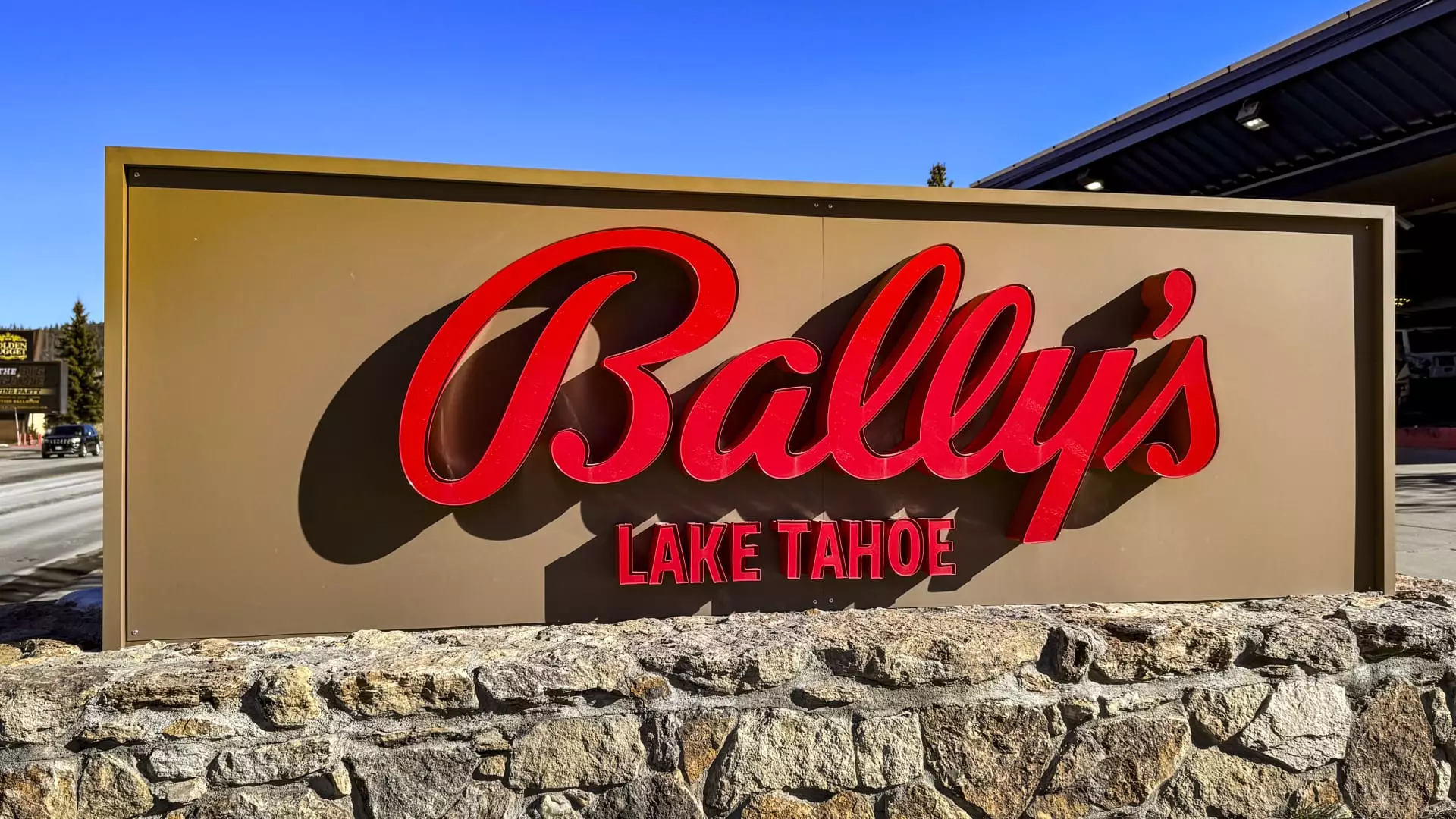Bally’s Corporation, the operator of the famous Tropicana in Las Vegas, is currently facing a pivotal moment in its history. The company’s Chairman, Soo Kim, along with the private equity fund Standard General, has made a bid to take Bally’s private at $15 per share. This move has sparked a debate among high-profile investors who believe that the company is being undervalued both by Kim’s offer and the market itself. Bally’s stock, which was trading at around $10 per share prior to the offer, has seen a 30% decline in the past year, leading to concerns about the company’s financial stability and strategic direction.
In response to Kim’s proposal, Dan Fetters and Edward King of K&F Growth Capital have urged the special committee to reject the offer and instead focus on a strategy that emphasizes Bally’s core business – casinos. They argue that the company should steer away from high-risk, high-cost projects such as building high-end casinos and investing in online gaming ventures. This shift in strategy, according to Fetters and King, would help Bally’s regain market confidence and improve its financial performance. They also critique the company’s share repurchase program and its failed attempts to expand into new markets.
Fetters and King propose that Bally’s should consider partnering with better-equipped entities for its upcoming projects, such as the Chicago casino and the Tropicana operations on the Las Vegas Strip. They specifically suggest involving Hard Rock International, a subsidiary of the Seminole tribe in Florida, to enhance the development of the Chicago casino. Additionally, they recommend divesting non-core assets, including the New York City golf course and certain tech businesses, to focus solely on digital casino operations. This approach, they believe, would help Bally’s capitalize on its legacy brand and improve its competitive positioning in the market.
Despite its legacy brand and multiple casino properties across the United States, Bally’s market cap currently stands at just over half a billion dollars. This relatively low valuation, combined with the company’s struggles to expand beyond regional casinos, highlights the need for a strategic overhaul. Fetters and King, despite owning less than 1% of Bally’s stock, are respected figures in the gaming industry and have suggested a roadmap for the company’s future growth. By refocusing on its core strengths and seeking strategic partnerships, Bally’s could potentially unlock its full potential and regain investor confidence.
The ongoing battle over Bally’s future reflects broader concerns about the company’s strategic direction and financial stability. While Kim’s proposal to take the company private aims to provide stockholders with immediate returns, it has also raised questions about the company’s long-term growth prospects. With seasoned investors like Fetters and King advocating for a strategic shift towards its core business, Bally’s now faces a critical juncture in its corporate evolution. The decisions made in the coming months will not only shape the company’s future but also its position in the highly competitive gaming industry.
Bally’s Corporation is at a crossroads, with divergent views on its future trajectory. While some investors support a strategic shift towards its core casino operations, others are wary of the company’s market performance and strategic decisions. As the debate over its ownership and strategic direction continues, Bally’s must carefully consider its next steps to ensure its long-term viability and success in the gaming industry.

